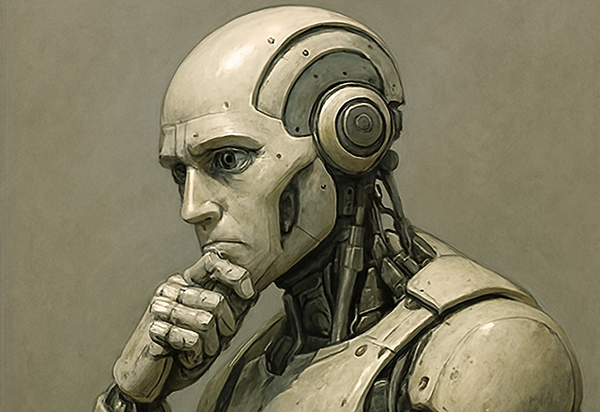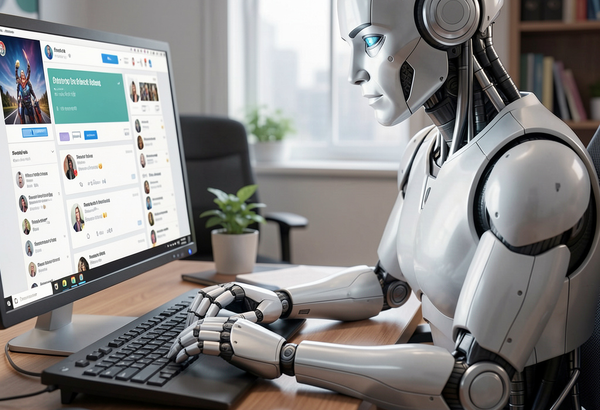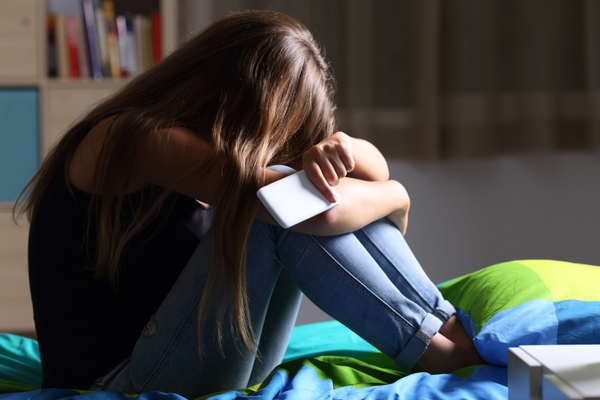The Second Circuit's decision in the Internet Archive case is bad
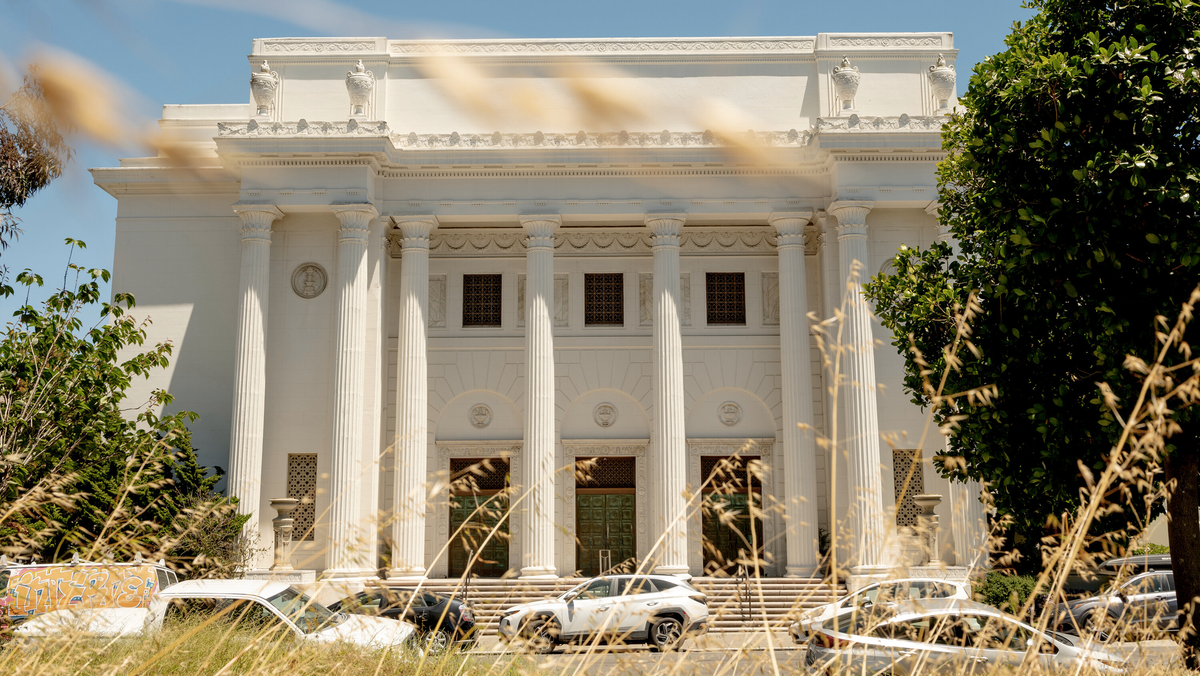
Hi everyone! In case you are a first-time reader, or you forgot that you signed up for this newsletter, this is The Torment Nexus (you can find out more about me and this newsletter — and why I chose to call it that — in my inaugural post.) Since this is only the second edition of the newsletter, I am still working out some bugs, so if things seem a little out of place, bear with me.
In a way, this is a continuation of the newsletter I've been writing for the last few years about the intersection between technology and the media, as chief digital writer at the Columbia Journalism Review (you can find some of those pieces here, and they are also all published on my personal website.) As I mentioned in my inaugural post, I've been writing about tech and its impact for about 30 years or so, ever since the first web browser was invented.
For me, this newsletter is a return to the days when I used to write about tech on my personal blog. In the same way, there is no large entity or organization in between me and my readers now — it's just me and you, figuring things out together. And maybe along the way, getting a sense of how much work my editors put into making me seem coherent. 😄
And with that, on to this week's newsletter! Thanks for reading – and if you decide to subscribe, or you have already, thank you for that as well! If you enjoy this newsletter, please share it and/or give it a thumbs up or heart emoji or whatever on the network of your choice. None of these newsletters are behind a paywall at this point (I haven't decided if I will do that in the future) and every issue is available via Ghost, through Substack, and on my website.
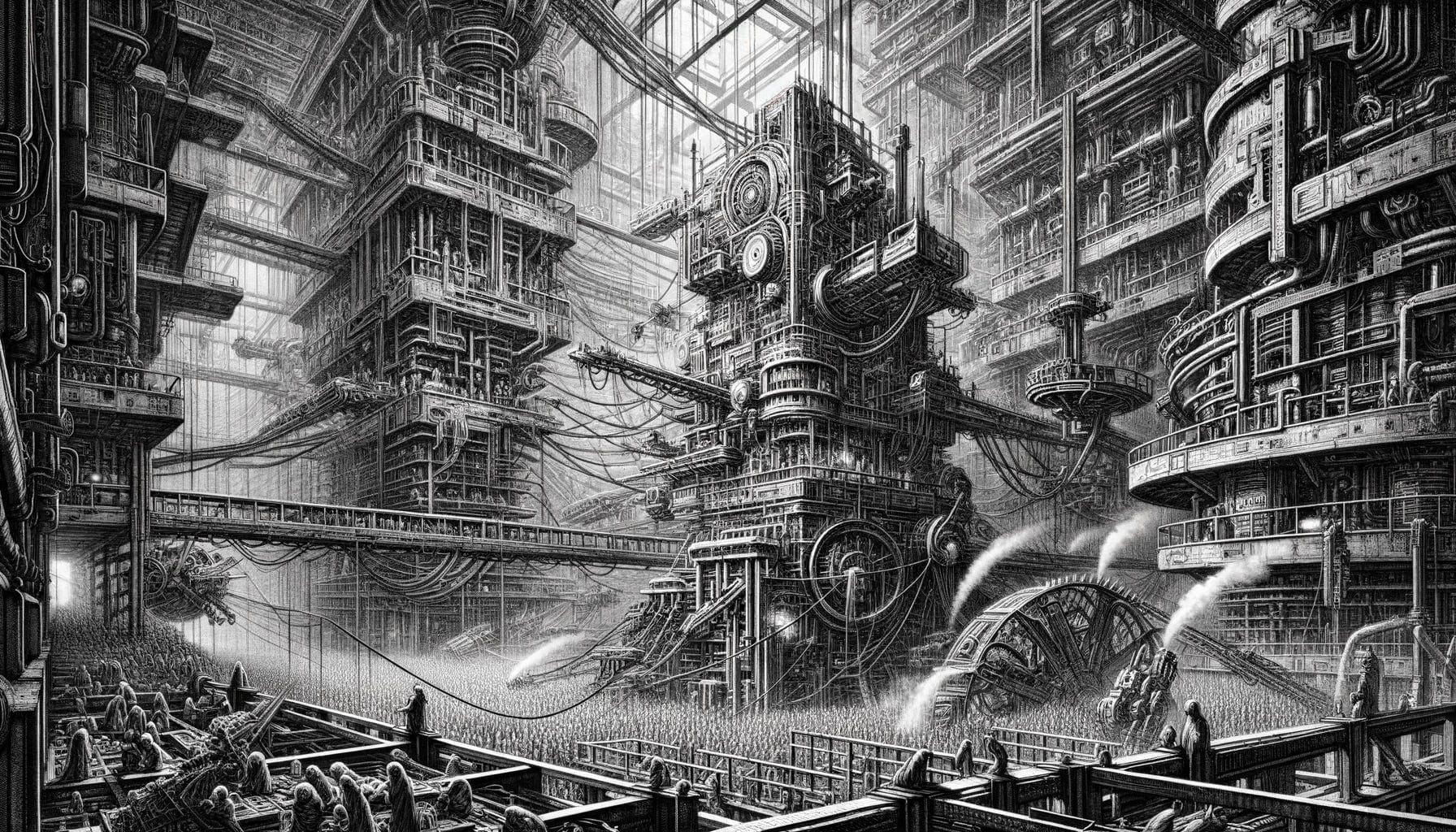
The Second Circuit's decision in the Internet Archive case is bad and wrong
In 2020, after COVID-19 lockdowns had made it almost impossible for people to visit bookstores or libraries in person, an organization known as the Internet Archive — a nonprofit that entrepreneur Brewster Kahle created in 1996 with the intention of creating a free online library for the internet — launched something it called the National Emergency Library. The Archive already had a system that allowed people to borrow online books, and in order to mimic how library lending works, only one person was allowed to borrow a specific book at any given time, for a limited period. With the National Emergency Library, the Archive removed these limits, and allowed anyone to borrow any of the three million or so digital books it had on file, the majority of which the Archive itself had borrowed from physical libraries and scanned electronically.
Book publishers, authors, and other copyright holders definitely didn't like the Archive's original digital lending program, which they had been grumbling about for a number of years. But the National Emergency Library sent them over the edge. From their perspective, lending even a single digital copy of a book to a single person was already an obvious case of copyright infringement, and lending an unlimited number of books to unlimited numbers of people was an order of magnitude worse. So they sued: In June 2020, four publishers — Hachette, HarperCollins, John Wiley & Sons, and Penguin Random House — filed a lawsuit arguing that the Archive's digital lending program was a clear breach of their copyrights. Last year, a judge for the Southern District of New York ruled in favour of the publishers on almost every count. The Archive appealed, and earlier this month a court rejected that appeal and upheld the original decision.
The Archive argued that even though its lending program was technically a breach of copyight law, its digital borrowing should be covered by the "fair use" exemption in US copyright law (some other countries, including members of the British commonwealth nations such as Canada, have a similar but more restrictive concept called "fair dealing.) In a nutshell, the Archive made the case that the public and societal benefits created by its digital lending program — that is, giving people without easy access to a traditional library the ability to borrow an electronic copy of a book — outweighed the simple economic interests of authors and book publishers. Judge John G. Koeltl, however, disagreed in his decision last year. He wrote that while the concept of fair use protects transformative versions of copyrighted works, the Archive’s copies of books don’t qualify.

Fair use
Although it has been around since modern copyright law was invented, fair use is still a poorly understood concept, even among people who know something about media and publishing. In part that's because determining whether something qualifies as fair use is a complex process. It's commonplace to see statements from universities and other institutions stating that students and others can only use a sentence or two of a specific article, or that using any amount of a piece of written material or a song or other creative work is illegal, but almost all of these statements are incorrect. Copyright law doesn't say anything about how much of a work someone can use without permission, all it says is that certain uses can qualify as "fair," and if they do then copyright law doesn't apply. The rest is up to a court to determine, and doing so can take some time.
In order to determine whether something qualifies as fair use, judges must consider four interrelated factors: The first is the purpose and character of the infringing use (is it part of a commercial work, an artistic work, etc.); this is where the court has to determine whether the use is "transformative" or whether it simply amounts to copying the original. The second factor is the nature of the copyrighted work — is it a creative or imaginative work, or is it primarily factual? The third factor is how much of the original is used for the infringing work: if it is a large portion of the copyrighted work, fair use is less likely to be found — however, some courts have found the copying of an entire work to be fair under certain circumstances, such as in the Google Books case, which was found to be fair use in 2014. The fourth factor is what impact the infringing work has on the market for the original. Judges must assess each of these tests and then weigh the results, and only then can they arrive at a conclusion.
The Archive made the case that its digital lending program is transformative because the practice "facilitates new and expanding interactions between library books and the web," such as the ability to search for and link to out-of-print books. This seems like a clear and obvious social good. But Judge Koeltl ruled that the copying of books for digital lending was not transformative enough, even though he agreed that doing so made "an invaluable contribution to the progress of science and cultivation of the arts," which is why the concept of fair use exists in the first place – to balance the benefits to copyright holders. Although copying of millions of books was found to be fair use in the Google case, the judge wrote, Google created a searchable database of those books rather than distributing complete digital copies. Any alleged benefits from the Archive’s lending, Koeltl wrote, "cannot outweigh the market harm to the publishers."
On that point, the Electronic Frontier Foundation, which has been defending the Archive in the case, noted that book publishers have already been more than fairly compensated for the books that the Archive lends. Libraries, it said, have "paid publishers billions of dollars" for the books in their print collections, which they in turn lend to the Archive. Digital lending that restricts users to a single copy and limits the length of time they can have that copy, the EFF says, is "fundamentally the same as traditional library lending, and poses no new harm to authors or the publishing industry." Libraries, it notes, have never been required to get permissions to lend books, and research into digital lending shows that it has no negative impact on the publishers' bottom line.

Rolling back rights
In my view, the Hachette case is just another example of how book publishers and other copyright holders have been trying to roll back some of the things we take for granted with physical works. For example, if you buy a physical book you have the right to do whatever you want to with it – you can sell it, you can use it to prop open a door, or you can lend it to someone to read or give it to a library for them to lend. This is legally allowed (in the US at least) under something known as the "first sale doctrine." But suddenly, once things are digital, all of a user's rights seem to go out the window. You can't lend your electronic books, or sell them, and a company like Amazon can even remove the books you "bought" from your device without even bothering to tell you – which happened in 2009 with copies of (I am not making this up) George Orwell's book 1984.
The judge in the Hachette case argued that digital lending by the Archive isn't necessary because "the library eBook lending market is thriving [and] publishers and their authors have tapped into a profitable, growing market." As the group Library Futures – which supports controlled digital lending – pointed out, this argument overlooks a number of key facts, including that more than 90 percent of the public library digital market is controlled by one private equity-backed company (OverDrive, owned by the hedge fund KKR). The court's decision, the group argues, "gives publishers carte blanche to continue to force libraries into unconscionable monopoly contracts and lock them into their closed surveillance apps." And while the Authors Guild and other groups celebrated the ruling, the digital-friendly Author’s Alliance came out against it, arguing that while it "may benefit the bottom line of the largest publishers and most prominent authors, but for most it will end up harming more than it will help.”
Writing at Techdirt, Mike Masnick – who filed an amicus brief defending the Archive – wrote that even though the outcome of the appeal was always a strong possibility, "the final ruling is just incredibly damaging, especially in that it suggests that all libraries are bad for authors and cause them to no longer want to write." At the end of the appeal decision, it states that while lending out digital copies of books may help the public in the short term, the long-term consequences of such a program would be that “there would be little motivation to produce new works.” In other words, the appeals court seems to be saying that lending of books in any format, digital or physical, is a disincentive to authors when it comes to writing new books. As Masnick notes, this conclusion is too absurd to believe – and helps reinforce my conclusion that if libraries didn't already exist, the copyright industry would not let them be created.
I think fair use is something that needs to be supported, and I think the Archive's lending definitely qualifies, but the copyright industry (and courts that are favorably inclined towards it) seem determined to reduce fair use wherever it exists, by whatever means necessary. On a related note, I believe that scanning and indexing content for artificial intelligence models should also qualify as fair use (something that has not made me a lot of friends in the media industry). Whether the courts agree with me remains to be seen!
Got any thoughts or comments? Feel free to either leave them here, or post them on Substack or on my website, or you can also reach me on Twitter, Threads, BlueSky or Mastodon. And thanks for being a reader.
